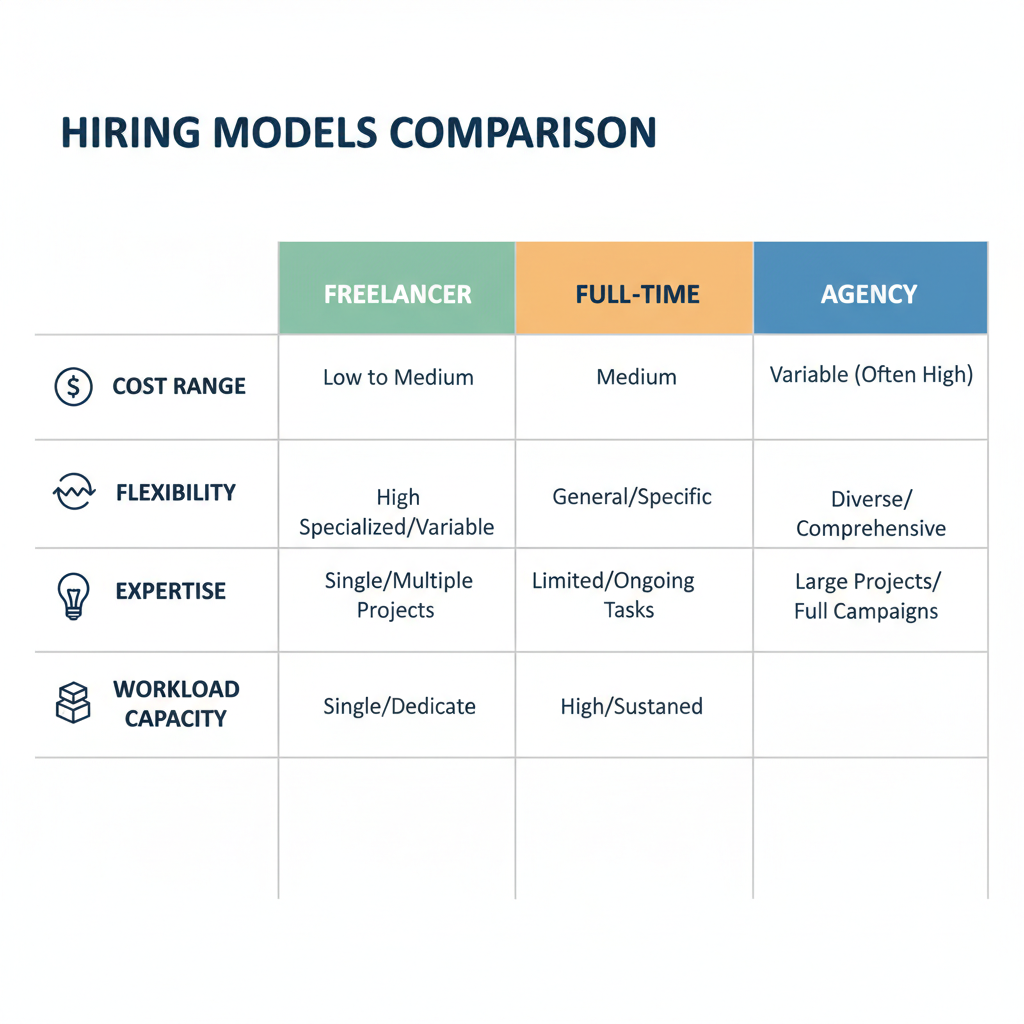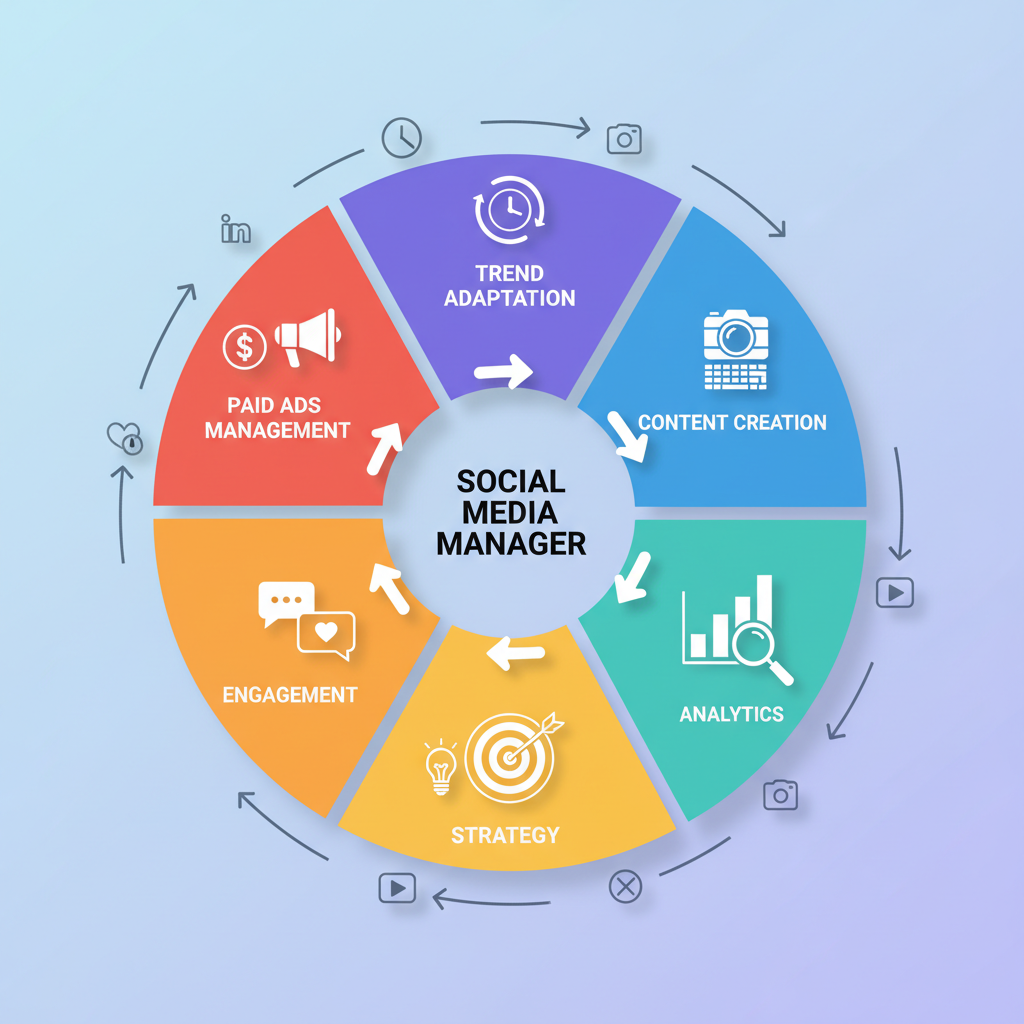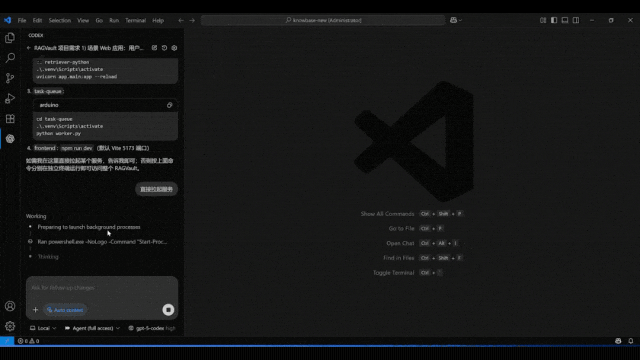Hire a Social Media Manager for Your Small Business
Learn how to hire the right social media manager for your small business, from defining goals to evaluating skills and choosing the best hiring model.

Hire a Social Media Manager for Your Small Business
Hiring the right social media manager for small business growth can be a transformative investment. With the right person or team in place, you can boost brand visibility, drive sales, enhance customer relationships, and free up your time to focus on other core operations. This guide provides a step-by-step framework to help you find, evaluate, and retain the ideal social media professional for your needs.

---
Assess Your Business Goals and Social Media Needs
Before screening candidates or posting a vacancy, it’s crucial to define exactly what you want from social media.
Ask yourself:
- Are you targeting brand awareness, lead generation, or sales?
- Is improving engagement a main priority?
- Which platforms currently generate the most traction?
Review your analytics to establish a baseline. For example, you might see strong interaction on Instagram but minimal response on LinkedIn. Identifying your strengths and weaknesses will help pinpoint the skill set your social media manager should offer.
---
Determine Your Budget and Hiring Model
Your available budget will influence whether you hire in-house, engage a freelancer, or work with an agency.
| Hiring Option | Pros | Cons |
|---|---|---|
| Freelancer | Flexible, cost-effective for shorter contracts | May manage multiple clients; less process control |
| Agency | Access to a full team and diverse skill sets | Higher cost; potentially less personalized attention |
| In-House Hire | Direct control; fully integrated into company culture | Requires competitive salary, benefits, and long-term commitment |
When calculating costs, consider salaries or service fees plus tools, ad budgets, and content creation expenses.
---
Create a Clear and Detailed Job Description
The job description is often the first impression you make on potential candidates. Be precise about:
- Core Responsibilities: Content planning, publishing, analytics, and community management.
- Platform Expertise: Whether you need expertise in Instagram Reels, LinkedIn strategy, TikTok trends, etc.
- KPIs: Follower growth, engagement rates, conversions, ROI.
By clarifying priorities, you’ll attract candidates who genuinely align with your goals.
---
Identify Must-Have Skills and Qualities
An effective social media manager should have a balanced blend of creativity and strategy:
- Content Creation: Skilled in visuals, video editing, and copywriting.
- Analytics Proficiency: Ability to interpret data and inform decisions.
- Community Engagement: Skilled in conversation, comment management, and customer interaction.
- Trend Awareness: Current with algorithm changes, industry news, and emerging formats.

Outlining these skills upfront filters out unqualified applicants early in the process.
---
Know Where to Search for Talent
Consider these effective talent pools:
- LinkedIn: Connect with experienced professionals and view recommendations.
- Upwork/Fiverr: Trial short-term freelance contracts.
- Niche Job Boards: Such as Social Media Examiner Jobs.
- Industry Facebook Groups: Engage directly with active specialists.
- Local Networking Events: Meet regional professionals aligned with your brand ethos.
---
Evaluate Portfolios and Results
Examine real-world performance to verify expertise. Look for:
- Engagement levels in prior campaigns.
- Creativity and branding consistency in samples.
- Documented growth curves backed by analytics.
Request before-and-after metrics that demonstrate ROI.
---
Conduct Targeted, Scenario-Based Interviews
Use the interview stage to go deeper:
- “How would you handle an unexpected PR crisis on Twitter?”
- “Plan a month of content for a product launch—what’s your approach?”
- “What steps would you take if engagement drops by 30%?”
Such scenarios assess critical thinking and practical strategy.
---
Use a Paid Trial to Test Fit
A short paid trial helps evaluate compatibility and capabilities:
- Assign a week’s worth of content.
- Include a platform-specific challenge.
- Request a realistic performance forecast.
This step protects both parties before long-term commitments.
---
Set Clear Expectations and Reporting Structures
Define your communication, reporting, and performance process upfront:
- Meetings: Weekly or monthly updates.
- Reports: Specific, relevant metrics.
- Deliverables: Number and type of posts, response times.
Clarity prevents misunderstandings and keeps everyone accountable.
---
Onboard for Success
Smooth onboarding ensures faster results. Provide:
- Brand Guidelines: Tone, style, and design references.
- Access to Tools: Scheduling platforms, analytics dashboards, creative tools.
- Workflows: Deadlines, approval processes, and escalation procedures.

---
Track and Optimize Continuously
Social media is dynamic; constant evaluation is key. Metrics to watch include:
- Follower and engagement trends.
- Conversion rates from social referrals.
- Paid campaign ROI and cost-per-click.
Work collaboratively to adapt and refine strategy based on these insights.
---
Summary and Next Steps
To successfully hire a social media manager for small business, begin by clarifying your goals, budget, and the exact skills required. Source talent strategically, vet candidates thoroughly with portfolio reviews and trials, set measurable expectations, and onboard effectively. Finally, maintain a cycle of performance tracking and strategic adjustment.
With the right hire in place, your small business can scale its online presence, strengthen its community, and drive measurable growth. Start refining your job description today and take the first step toward a more impactful digital strategy.



